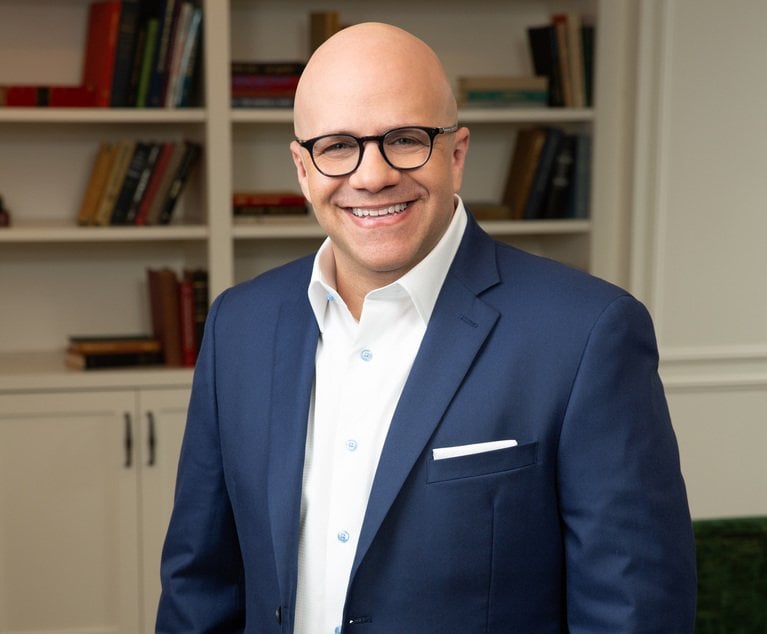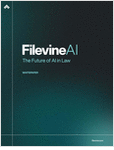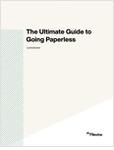If you are a government attorney looking to move to private practice, ethics are a crucial consideration during the job search process. But ethics issues can be confusing unless you understand the moving pieces at play. The goal is to minimize the likelihood of needing to recuse yourself from a matter. These are some of the common questions and issues government attorneys encounter once they begin considering a move to a law firm:
- When do my disclosure/recusal obligations get triggered?
- What are the different ways of reaching out to a firm, such as single-blind inquiries, double-blind inquiries and full submissions? How do these impact potential disclosure/recusal obligations?
- Is there a difference if I approach a law firm directly versus through a recruiter?
- What if a law firm I wish to approach has an active matter in front of my agency, but not me?
- What if a law firm I wish to approach has an active matter on front of me? Do I have to recuse myself before approaching them?
- What happens if I recuse myself from an active matter involving a law firm, then apply to the law firm, but they pass on my candidacy? Is the recusal temporary or am I permanently recused from that matter, even if we didn’t engage in discussions? And would it change my duties if we had discussions, but they subsequently passed on my candidacy?
- What happens if a law firm reaches out to me? Can I engage in discussions or must I first recuse myself?
As you can see, this can get complicated quickly. As a rule of thumb: If you are not involved in a matter involving the targeted law firm, your likelihood of having to recuse yourself is much lower. But the closer your involvement on a matter involving the targeted firm, or the higher your level of leadership within your agency, the higher the chances of needing to recuse yourself from a relevant matter should you wish to proceed with interviewing at the firm. Sometimes just knowing the firm is interested in you can trigger ethical obligations. I will address these various scenarios and approaches below.


 Credit: Bigstock
Credit: Bigstock







